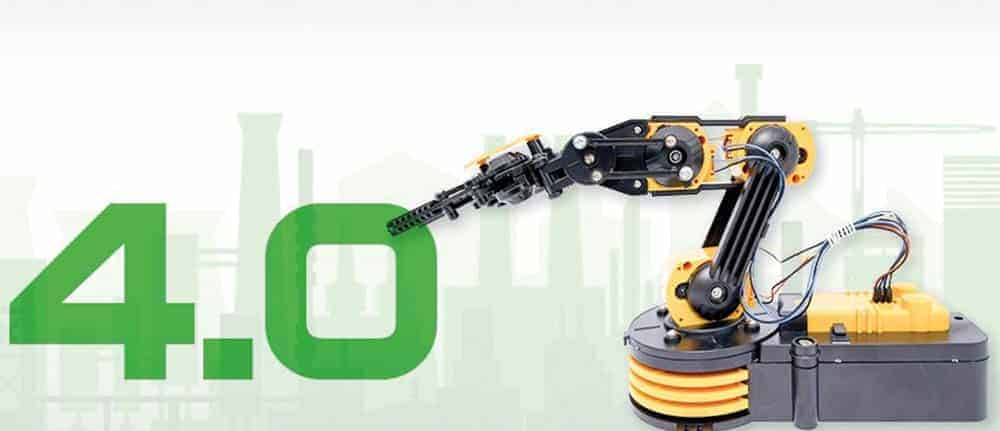Internet of Things: Job engine or job brake?


The Internet of Things will bring about drastic changes for employees. Currently, there is still a process for every process, and there is usually a person behind it.
Transactional processes that control the actions of machines or industrial robots can also be transferred to the world of finance or other areas. The employee then only has a controlling, directing function.
And even this could be eliminated if, for example, the IT system in the future independently checks a payment process and also executes it immediately. That would then be the end of the process breaks that still have to be bridged by human hands today.
It is conceivable that a monthly statement, which was previously available with a lag time of one week, will become a daily statement in real time. But it will be some time before that happens, as human experience cannot yet be replaced everywhere by machines.
It is still important, for example, for developing new business models from the data determined and evaluated with the help of algorithms. However, it is conceivable that humans will soon no longer analyze data to find a problem in a process, but will instead use data volumes to generate new opportunities and possibilities from certain data patterns.
New employees and qualifications will be needed to collect, prepare and analyze the volumes of data. In order to cover these challenges in training, DSAG has been discussing for some time, together with the SAP Academy, how forms and content of studies can be changed or newly developed.
We as DSAG were involved in several workshops with the SAP Academy and contributed our ideas. Migration, implementation, and consolidation experience play just as much a role as certification requirements in the SAP environment.
The aim is to ensure that future employees who work with SAP will also be able to handle the new technologies or work in transformation projects.
Whether this ends up in the professional field of a process designer, an application architect or a data science analyst and data plumber remains to be seen. But if we allow these kinds of thought experiments, we must not close our minds to those that ultimately lead to "high-end automated processes" as a result of digitization.
This means that a payment process between manufacturer and supplier will be fully automated by the respective SAP systems. At the latest then, space must also be given to the thought that jobs will inevitably be eliminated after the transition phase to complete digitization.
Alternative scenarios need to be considered here. This is currently just as important as devising possible business processes and models. Then it must also become clear that concepts such as regular working hours, the prohibition of Sunday work, or flexible shift schedules must be partially redefined or interpreted in a world in which products are delivered and data processed 24×7 in real time (sometimes already today) - without curtailing the vested rights of employees.
The legal situation has yet to be created in some cases, as the current discussion on working from home shows. There are already many activities that do not require presence in the office, such as when workdays are largely dominated by conference calls, virtual meetings and work on a PC, laptop or tablet.
The problem is that there is no precisely regulated occupational health and safety for the home office. There is a need for action here to create the appropriate conditions for the future.
This makes it clear that there are also some uncomfortable issues that need to be addressed and thought through in connection with the Internet of Things. But the sooner one deals with the corresponding scenarios and develops possible solutions, the better.






